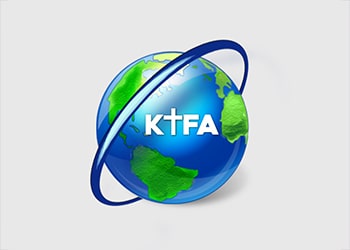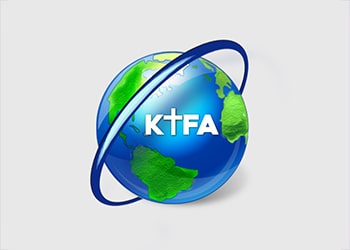KTFA:
Clare: The Interbank Market: What It Is and How It Works
By Adam Hayes
Updated December 23, 2023
SNIPPET OF ARTICLE:
What Is the Interbank Market?
The interbank market is a global network used by financial institutions to trade currencies and other currency derivatives directly between themselves.
Some interbank trading is done by banks on behalf of large customers, but most interbank trading is proprietary. It takes place on behalf of the banks’ own accounts
Banks around the world use the interbank market to manage their own exchange rate and interest rate risk as well as to take speculative positions based on research. The interbank market is a subset of the interdealer market, an over-the-counter (OTC) venue where financial institutions can trade a variety of asset classes among one another and on behalf of their clients. This is often facilitated by interdealer brokers (IDBs).
KEY TAKEAWAYS
The interbank market is a global network used by financial institutions to trade currencies and other currency derivatives directly between themselves.
Banks use the interbank market to manage their own exchange rate and interest rate risk.
They can also use the market to take speculative positions based on research.
Most transactions within the interbank network are for a short duration, anywhere from overnight to six months.
Understanding the Interbank Market
The interbank market for foreign exchange (forex) serves commercial turnover of currency investments as well as a large amount of speculative, short-term currency trading. The typical maturity term for transactions in the interbank market is overnight or six months.
The forex interdealer market is characterized by large transaction sizes and tight bid-ask spreads. Currency transactions in the interbank market can be either speculative (initiated with the sole intention of profiting from a currency move) or for the purposes of hedging currency exposure.
It may also be proprietary but it’s customer-driven to a lesser extent by an institution’s corporate clients. These might include exporters and importers.
https://www.investopedia.com/t…..market.asp
*************
Clare: Iraqi Customs begins implementing the automation system “ASYCUDA” in the port of Umm Qasr
3/3/2024
On Sunday, Iraqi Customs began implementing the Customs Automation and Modernization System (ASYCUDA) in the Grand Welcome Square in Umm Qasr Port, south of the country.
She said in a statement, received by Shafaq News Agency, that the Minister of Finance gave the signal to implement the program during a ceremony held in the Grand Welcome Square, attended by United Nations representative Nizar Amari, and a number of officials and heads of departments operating in the port.
The statement quoted the Minister of Finance in her speech as saying that implementing this system in the port of Umm Qasr comes within the strategic plan adopted by the government in the field of using modern techniques and technology, noting that implementing the automation system will achieve a set of goals, the most important of which are financial discipline, reducing errors and achieving efficiency. Effectiveness in using government resources, in addition to providing accurate data and information.
The Minister confirmed that this step is one of the steps that the government put in its curriculum and was adopted by the General Authority of Customs to apply technology and keep pace with the countries of the world.
For his part, the Director General of Customs, Counselor Hassan Al-Ugaili, said in his speech during the ceremony that the authority is committed to its duties, which revolve around three main axes, the first of which is facilitating legitimate trade and the axis of protection by implementing government decisions in the field of restriction and prevention, which provide protection for the consumer and society from the entry of prohibited materials, in addition to The collection and revenue axis, which will be controlled through the application of the customs modernization and automation system (ASYCUDA).
The Authority stated that it had previously implemented this program at Baghdad International Airport/Air Cargo Customs, stressing that steps are being accelerated to implement it in all regions, customs centers and the rest of its departments.
She added that the system of automating and modernizing customs through the application of the ASYCUDA program, which is in effect in more than (100) countries, which came after the signing of a partnership contract by the Ministry of Finance with the United Nations Conference on Trade and Development (UNCTAD) in 2021, where an international team was sent.
A specialist from UNCTAD supervises the implementation of the program in cooperation with a work team from the Iraqi customs. Preparing the requirements for its implementation began, and the employees were trained to work on its management and gain experience from the international team, as well as introducing them to training workshops inside and outside Iraq. LINK





